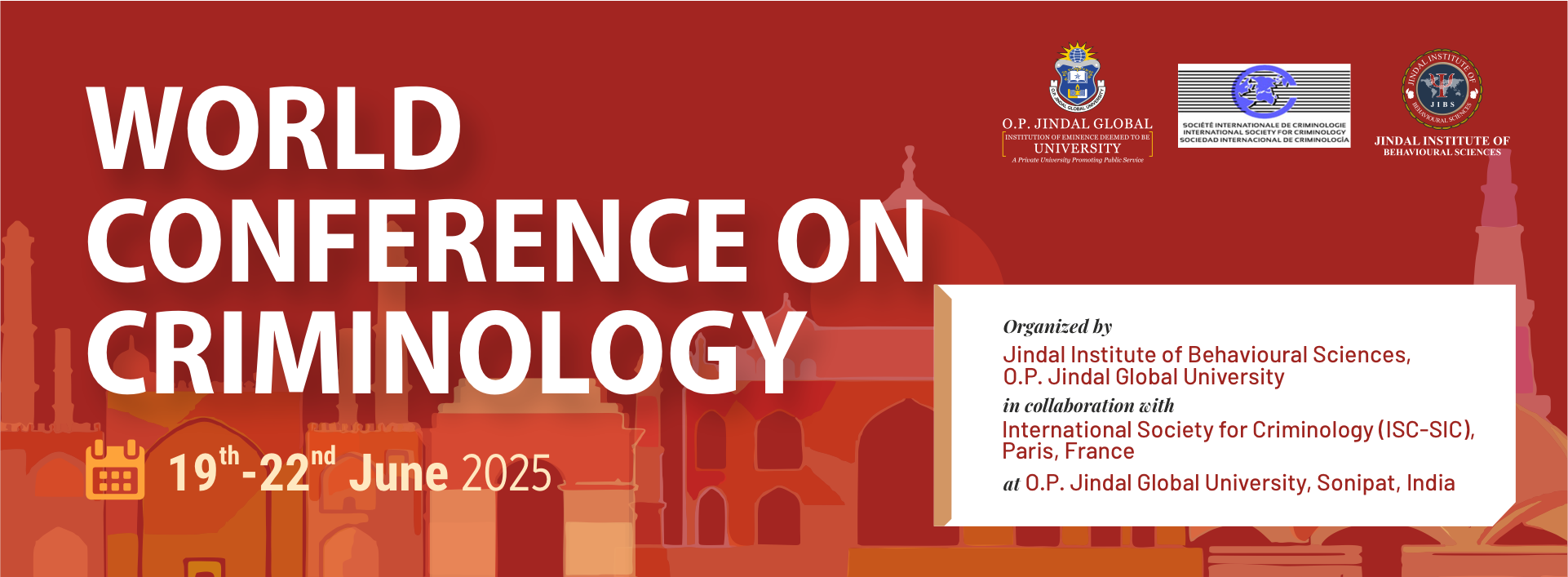
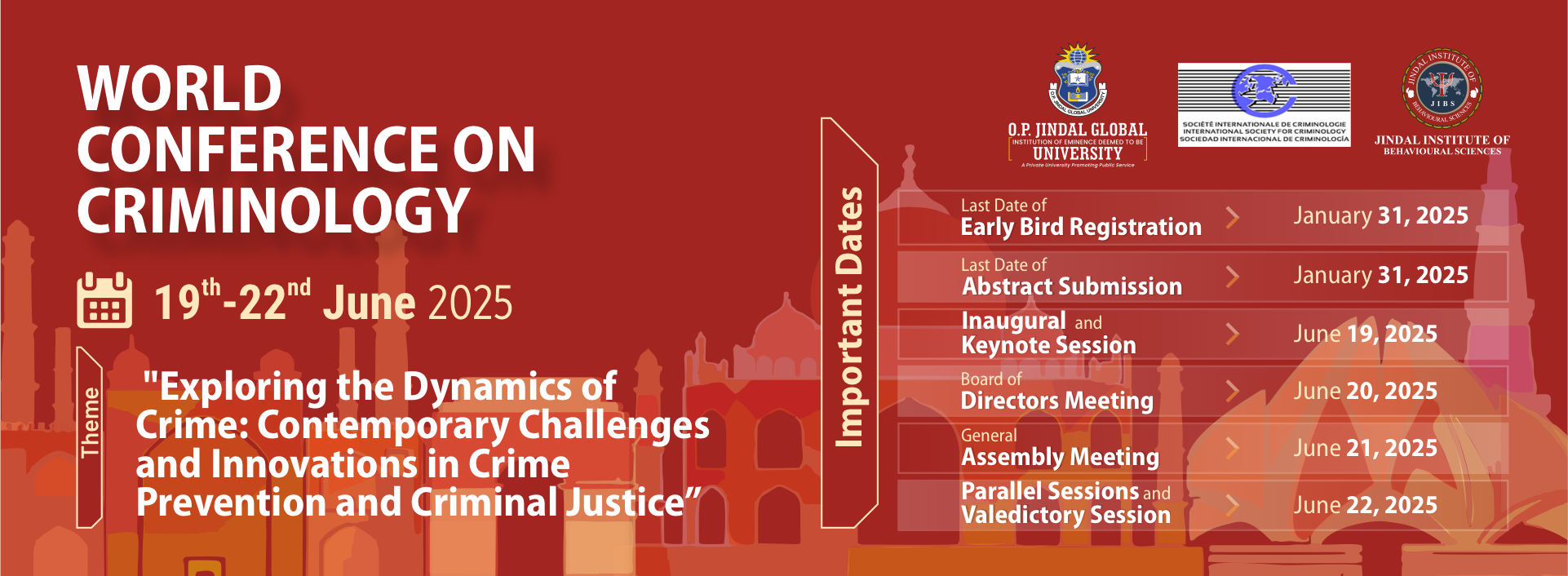

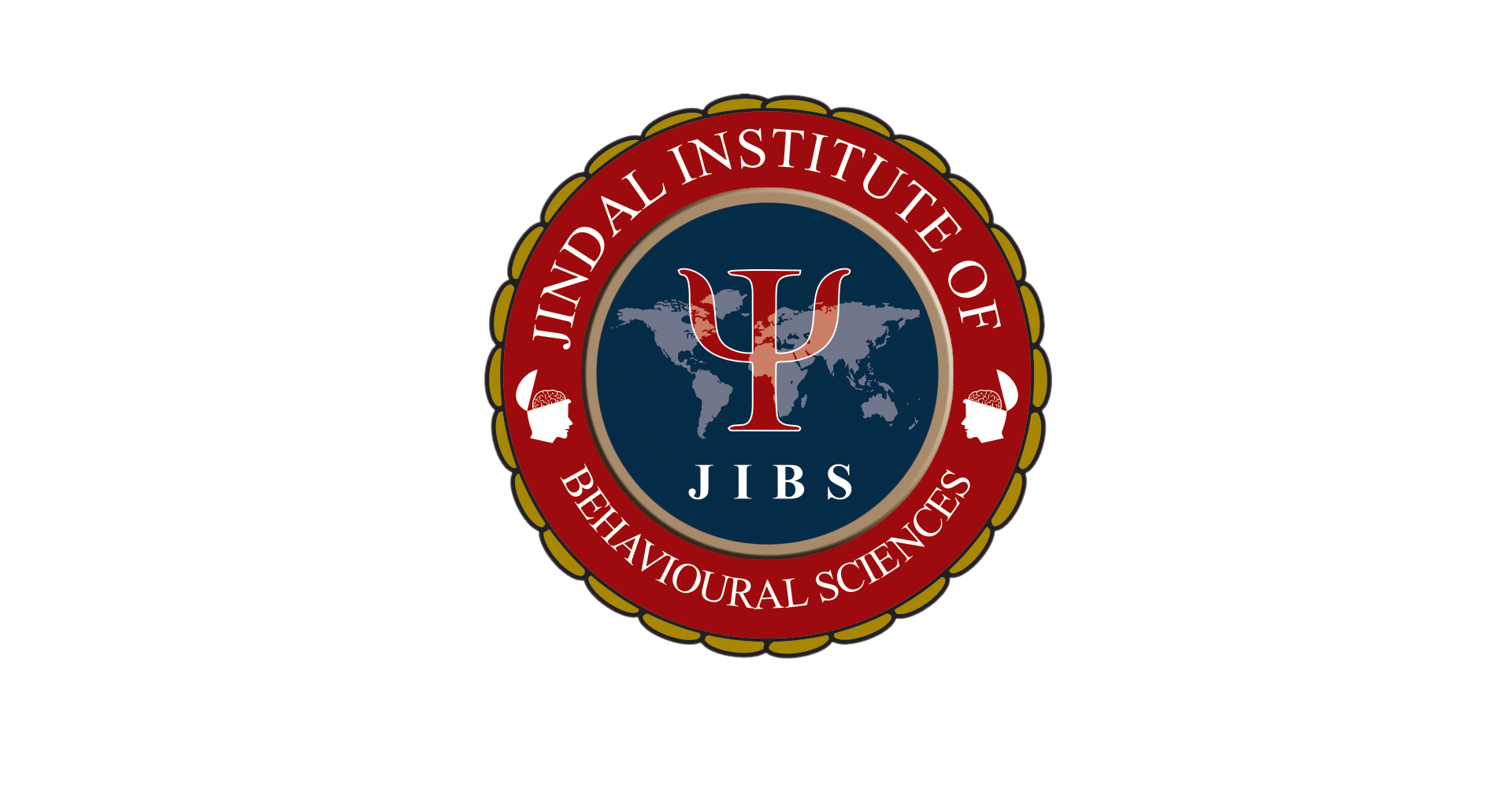
About JGU
About JIBS
About ISC-SIC
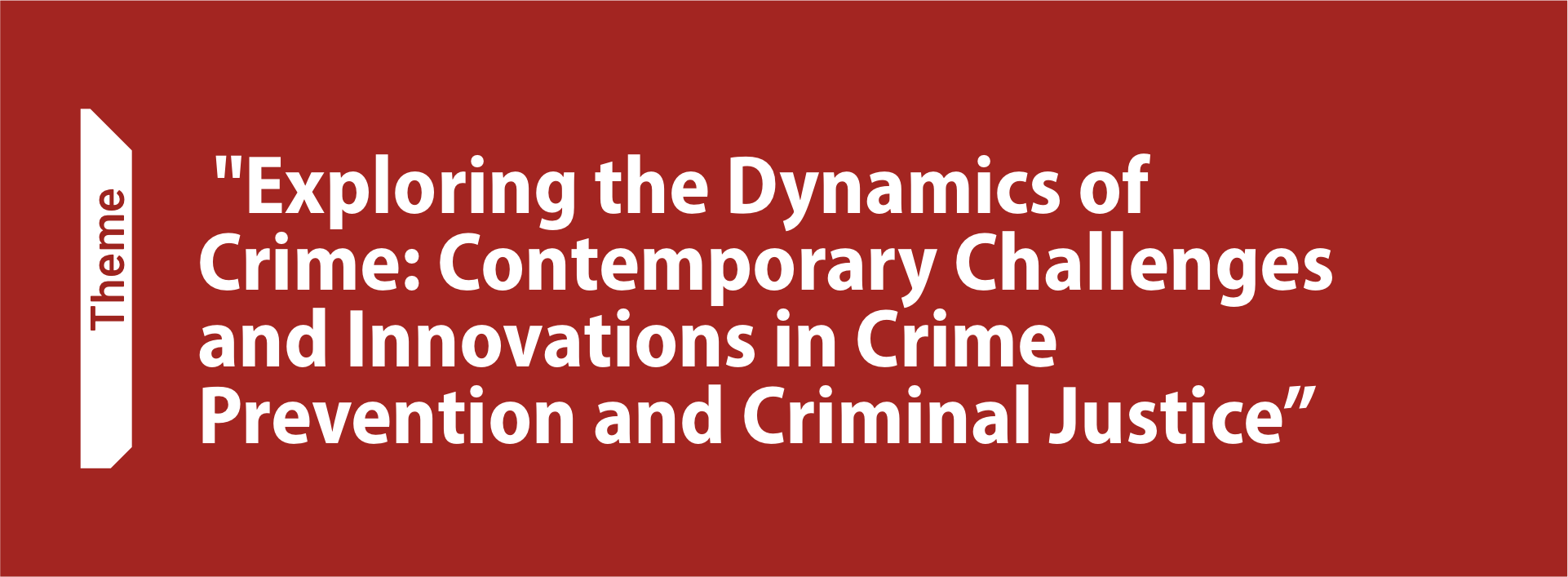
Sub Themes
1. Crime Trends and Patterns
2. Crime Against Vulnerable
3. Technology And Cybercrime
4. Victimology And Victim Assistance
5. Transnational Organized Crime and Terrorism
6. Financial Crime and White-Collar Crime
7. Crime Prevention and Community Engagement
8. Rehabilitation And Reintegration of Offenders
9. Policing And Law Enforcement Strategies
10. Restorative Justice
11. Criminal Justice Reforms and Policy Implementation
12. Crime, Society, and Inequality
13. Crime Data Analytics and Predictive Modelling
14. Victim Support and Empowerment
15. Ethics and Human Rights in Criminal Justice
16. Criminal Profiling and Behavioural Analysis
17. Advancement in Criminological Theory and Research
18. Intersectionality, Marginalisation, and Equity
19. AI, Big Data, and Predictive Policing
20. Forensic and Investigative Psychology
21. Mass violence and transitional justice













